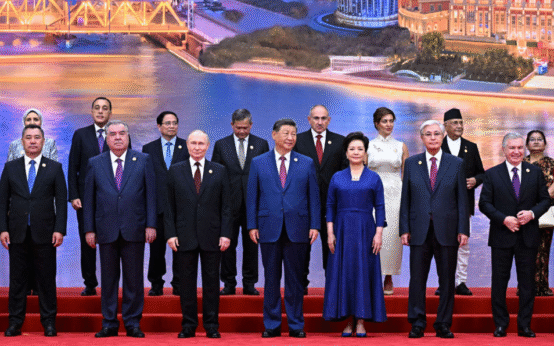Canadians are traveling less to the United States. Data shows fewer car and air return trips, many cancelled business and pleasure trips, and growing unease about border rules and political rhetoric. What once seemed normal summer vacations, short weekend shopping trips, business conferences across the border is changing. This trend reflects a “border backlash” among Canadians, driven by policy changes, tariffs, travel restrictions, and what many perceive as unfriendly political behavior from the U.S. administration.
Plunge in Return Trips to the U.S. by Canadians
Statistics Canada reports a sharp drop in the number of Canadians returning home after traveling to the U.S. By car, return trips fell nearly 32% in March 2025 compared with March 2024. Flights also dropped, by about 13.5%

These declines represent the steepest year-over-year drop in cross-border travel since the pandemic. Experts say that border travel between Canada and the U.S., which has historically been among the world’s most traveled international crossings, is now at a low point.
What’s Sparking the Border Travel Decline Among Canadians
Several factors push Canadians to rethink U.S. travel. Tariff threats on Canadian goods, strong language from U.S. leaders about Canada’s sovereignty, including suggestions that Canada could become the “51st state,” and new travel restrictions such as stricter border checks and worries about how travelers are treated at U.S. crossings all contribute The weakening Canadian dollar also makes trips more expensive.
Many feel their dollars don’t go as far south of the border. These economic, political, and perception-based pressures together encourage Canadians to stay closer to home for vacations and business.
Businesses Feel the Heat Travel Agencies, Hotels, and Airlines Impacted
The tourism sector, travel agencies, and border business zones are noticing the impact. Airlines report fewer bookings, especially in states and cities that depend on Canadian visitors. For example, Flight Centre Travel Group Canada saw a large drop in U.S.-destination bookings; many clients cancelled previously approved trips. Hotel demand in U.S. border towns is dropping.

Businesses near crossing points report declines in day-tripper traffic, shopping, and dining revenues. These effects ripple through economies on both sides of the border.
How Political Rhetoric and Border Policies Shape Travel Sentiment
Words matter. When leaders make controversial statements about tariffs, sovereignty, immigration, or national identity many Canadians feel personally affected. The rhetoric from U.S. officials, along with policy measures at the border such as more scrutiny, possible detentions, or stricter visa/entry rules feed fear or distrust.
Even small changes in border enforcement or travel advisories generate anxiety that discourages travel. In short, many Canadians are now weighing not just price or convenience, but perceived political friendliness and safety.
On one hand, Canada’s reduced travel to the U.S. could bring local economic benefits Canadians spending money at home, growth for Canadian tourism, and possibly stronger regional industries. It might also send a political message about respect and reciprocity.


 US vetoes UN Security Council resolution on Gaza ceasefire
US vetoes UN Security Council resolution on Gaza ceasefire  South Korea-U.S. nuclear agreement revision gains consensus
South Korea-U.S. nuclear agreement revision gains consensus  Russia and China join forces against the United States
Russia and China join forces against the United States  Digital Taxes Put U.S –EU Trade Talks Under Heavy Strain
Digital Taxes Put U.S –EU Trade Talks Under Heavy Strain  White House approves the sale of 3,350 missiles to Ukraine
White House approves the sale of 3,350 missiles to Ukraine  U.S. Faces Global Backlash After Visa Ban on Palestinian Leaders
U.S. Faces Global Backlash After Visa Ban on Palestinian Leaders